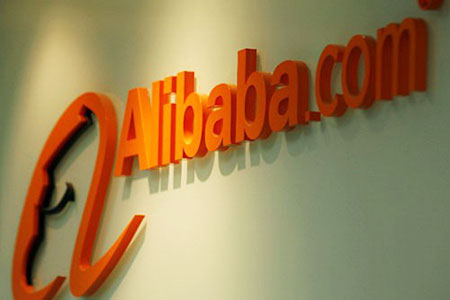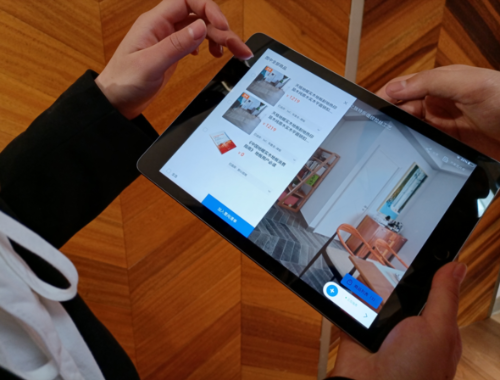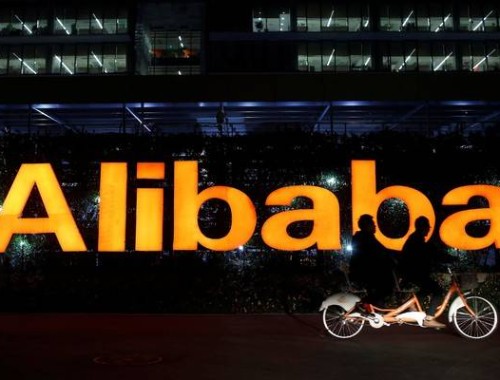Alibaba's interest in China’s stores grows with Intime investment
Source:Bloomberg
Alibaba’s online-to-offline push comes as China’s store sales struggle. Alibaba's plans for online-to-offline commerce are going off track.

Alibaba's plans for online-to-offline commerce are going off track.
After a $692 million investment announced more than two years ago, Jack Ma's flagship company has just become the largest shareholder in Intime Retail, a Chinese shopping-mall and department store operator.
When the tie-up was announced, Alibaba Group Holding Ltd.'s then-chief operating officer, Daniel Zhang, and Intime's chairman at the time, Shen Guojun, talked about "increased integration of online technologies at physical points of sale" and "a better shopping experience through a new retail landscape."
Even back then, O2O was the buzzword of China's so-called BAT internet giants—Baidu Inc., Alibaba and Tencent Holdings Ltd. By combining their online users with offline physical goods and services, the thinking went, the BATs could connect more often, and more deeply, with consumer spending habits.
If Chinese physical retail were a growing business, the Intime deal would have made sense. As it would have if Alibaba had some great bricks and mortar insight that could turn Intime around, or if Intime's stores offered synergies.
But none of that was the case. The deal didn't make sense when Alibaba took a 9.9% stake two years ago, and it doesn't make sense now that the holding has risen to 28% following conversion of bonds bought in the original transaction.
Nor is the future bright. Intime's physical retail business is in atrophy along with the rest of the industry, with same-store sales dropping in the year the e-commerce player took its first bite and climbing an anemic 0.5% in 2015 to cap two of the worst years in recent history. And Alibaba, as an offline retailer, hasn't any great wisdom to impart—its strength comes from having dispensed with physical stores, and helped its customers to bypass them.
Intime investors don't look convinced by the deal, either. While the stock rallied after the deal was announced, it's now 18.4% below the HK$7.53 (97 cents) Alibaba first paid to buy in.
The falling shares aren't the only weak metric. While Alibaba's focus on the offline e-commerce world has propelled profit margins higher, Intime's have been moving in the opposite direction. Clearly, more than 18 months of Alibaba's investor magic haven't done anything to boost the physical retailer's bottom line, so it's hard to argue that the stake in Intime has done anything for Alibaba's bottom line.
It might have made sense for Alibaba to use Intime as a test bed for combining in-store shopping with online payments, and thus help its Alipay platform make the transition into the wider Chinese economy. Yet the two sides already did such testing four months before the investment was announced—labeling the pilot project a "successful O2O collaboration"—with no equity purchase needed.
Both companies also argue that the combination allows Intime to leverage its physical inventory and Alibaba's sales platform. But Alibaba already has a website—TMall—that helps merchants do that without the need for share purchases.
Jack Ma has in the past expressed interest in expanding even further into physical retail. He should take a step back and remember that he disrupted that sector, and it makes no sense to try to revive it.
(Source: Bloomberg)
-

Easy Home joins hands with Alibaba to increase the capital of Lie Flat Designer!
-

The sales of software home furnishing on Ali platform was 4.042 billion yuan in March, up 62.7% year-on-year!
-

4 hours and 30 minutes export volume exceeded the first day of last year
-

Alibaba's layout lays out a new track of wise manufacturing

 沪公网安备31010402003309号
沪公网安备31010402003309号



